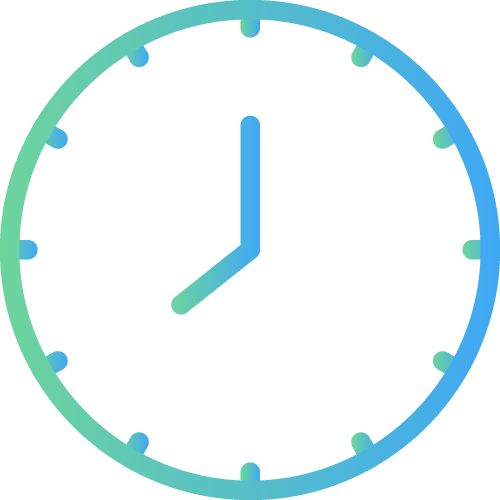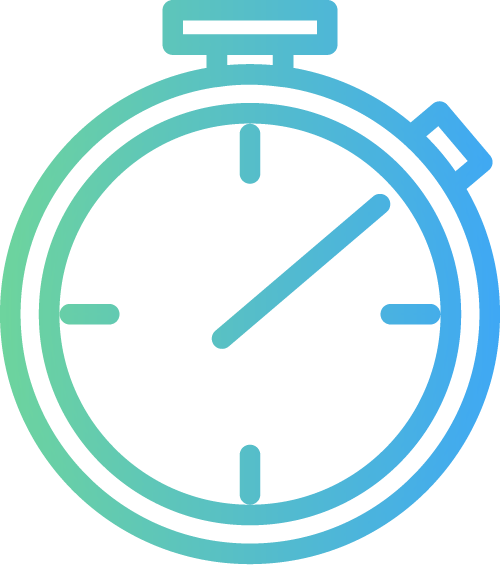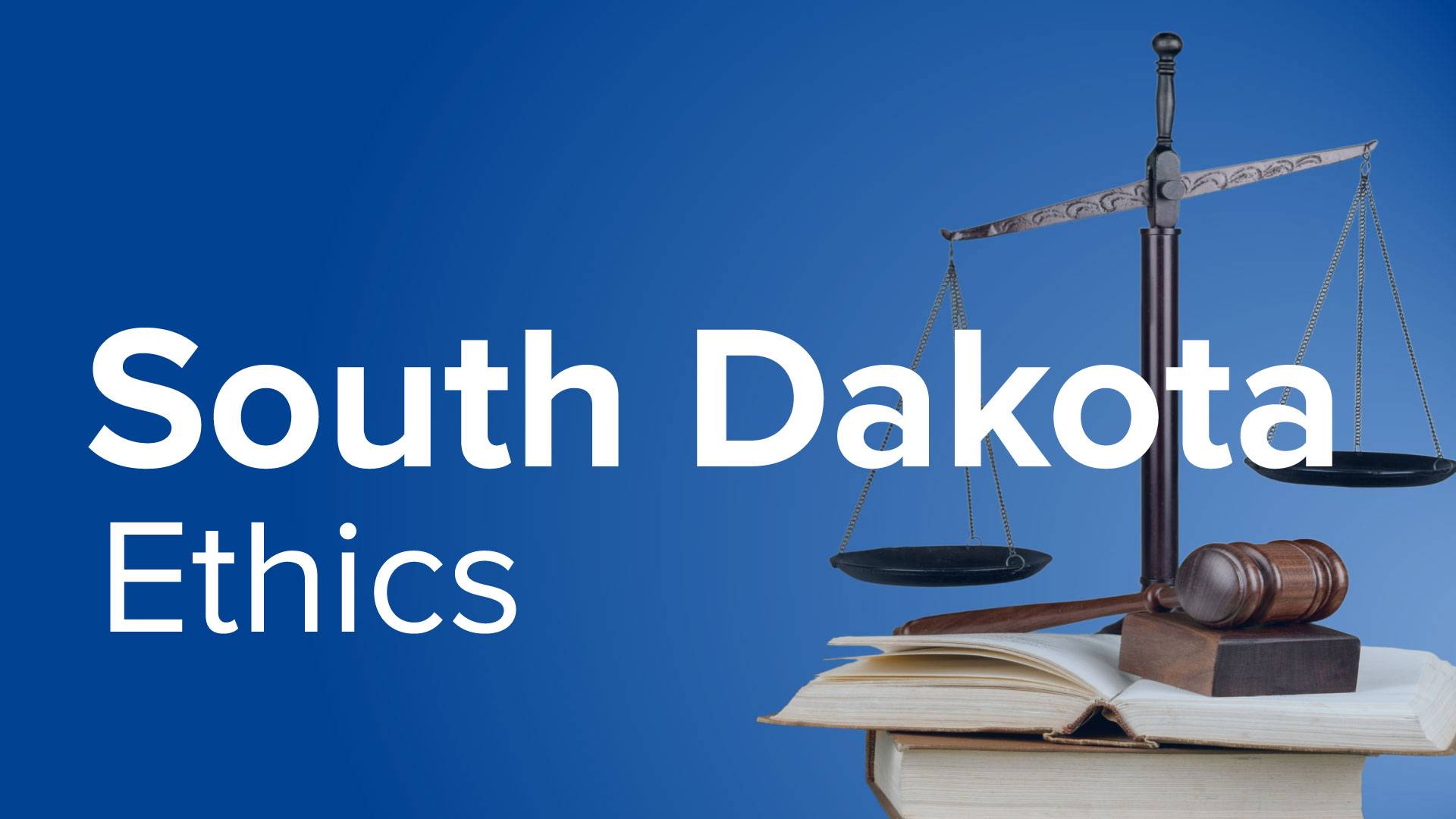State CPE Requirements
South Dakota
Welcome to your go-to guide for fulfilling your Continuing Professional Education requirements, tailored to your state’s specific mandates and regulations.
Revision Date:
June 30, 2022
All Continuing Professional Education (CPE) requirements are sourced from NASBA. For detailed information, please visit the NASBA CPE Requirements page.

Total CPE Hours Required
120 hours

CPE Reporting Period
7/1 to 6/30 over a rolling three year period

License Renewal Deadline
8/1 annually
License Renewal Deadline:
8/1 annually
CPE Reporting Period:
7/1 to 6/30 over a rolling three year period
Total CPE Hours Required:
120 hours
Minimum CE Hours per year:
20 hours
Ethics Requirements:
None
Credit Limitations:
- Instruction:
An individual employed by a college or university may not claim continuing education credit in excess of 60 hours during a reporting period for instructing college/university courses. An individual may elect to claim less than 60 hours for a course taught in one year and claim the balance in subsequent years if the individual teaches the course in each year the credit is claimed and the credit does not exceed the number of hours allowed.
- Published Materials:
The board may approve credit for the writing of published articles, books, or CPE programs to include credit for research and writing time. The article, book, or CPE program must be formally reviewed by an independent party. This type of credit is limited to fifty (50%) percent of the hours required in a reporting period.
- Self-Study and Nano Learning:
Self-study and nano learning courses must be from a NASBA-approved provider.
- Subject Areas:
No more than 24 hours of behavioral/motivational courses are permitted in a reporting period for those engaged in public accounting.
Other Subject Area Requirements:
None
Other State Policies:
Programs which contribute directly to the professional competence of a CPA or PA in the practice of accountancy are eligible for CPE credit.
Personal development credits may be acceptable if they maintain or improve a CPA’s competence.
South Dakota accepts CPE credits for programs offered by National Registry sponsors.
Nonresident Certificate Holders Exemption
A certificate holder is considered compliant with this state’s CPE requirements if the individual meets the continuing professional education requirement for renewal in the state which is their principal place of business. The individual’s principal place of business is the location registered as the individual’s office on the board records.
If the licensee’s principal place of business has no continuing professional education requirement for any renewal period, the nonresident must comply with all continuing professional education requirements in this state.
Other State CPE Requirements
Deadlines always sneak up on you, but not this time.
Financial and Accounting Professionals reporting in one of the states listed below can easily find their State’s CPE Requirements.

